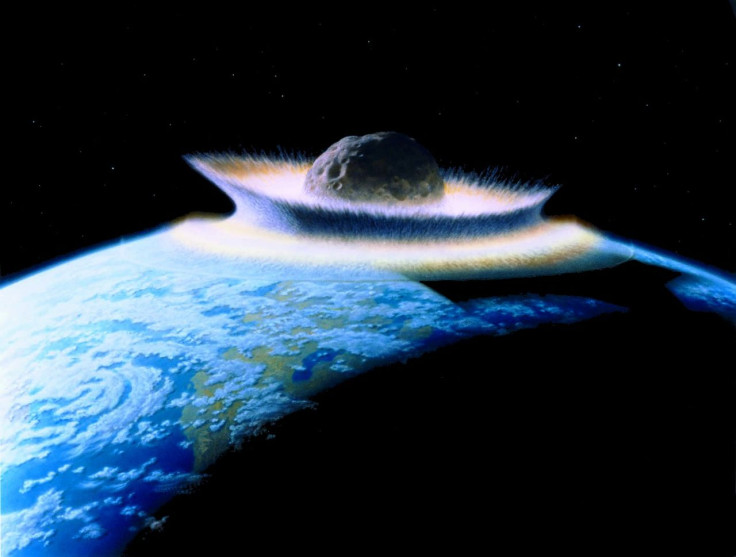Comets may have been crucial in the formation of life on Earth and other planets

Japanese scientists have claimed that comets were the catalyst for life on Earth after experiments showed that the massive space rocks can carry the necessary elements for protein building blocks and thus complex life. A team led by Dr Haruna Sugahara, from the Japan Agency for Marine-Earth Science and Technology in Yokahama, conducted an experiment which mimicked the conditions of Earth in its formative years, and recreated scenarios by bombarding it with comets.
The propellant gun that was used to recreate the scenario fired a frozen mixture consisting of water, amino acids and silicate at protein building blocks. They found that some of the amino acids had linked up to create a chain of molecules known as peptides. Once these peptides create a chain with other peptides they form proteins – the basis for complex life.
Sugahara said: "Our experiment showed that the cold conditions of comets at the time of the impacts were key to this synthesis, as the type of peptide formed this way are more likely to evolve to longer peptides.
"This finding indicates that comet impacts almost certainly played an important role in delivering the seeds of life to the early Earth. It also opens the likelihood that we will have seen similar chemical evolution in other extraterrestrial bodies, starting with cometary-derived peptides.
"The production of short peptides is the key step in the chemical evolution of complex molecules. Once the process is kick-started, then much less energy is needed to make longer chain peptides in a terrestrial, aquatic environment. Comet impacts are normally associated with mass extinction on Earth, but this works shows that they probably helped kick-start the whole process of life in the first place."
Glycence, an amino acid, was detected on dust samples from Comet 81P/Wild2. Sugahara added that the likes of Jupiter's and Saturn's moons – Europa and Enceladus – will have gone through a similar spell where they were bombarded by comets, he said when presenting at the Godschmidt geochemistry conference in Prague. Scientists believe that life could have existed, or exists, below the surface of the former's ice laden surface.
Professor Mark Burchell, from the University of Kent, said: "This is a new piece of work which adds significantly to the exciting field of the origin of complex molecules on the Earth."
© Copyright IBTimes 2025. All rights reserved.






















